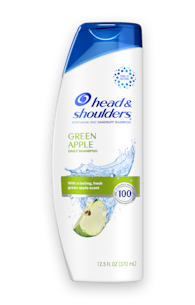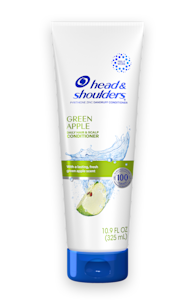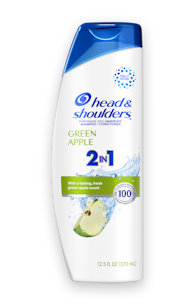What causes scalp tenderness
Scalp tenderness can be the result of:
Tugging and pulling on hair. Hairstyles that pull tightly on your hair, like ponytails or braids, can put a lot of uncomfortable strain on your scalp.
Sunburn. The sun can damage unprotected skin on your head just as much as it would elsewhere on your body. Remember, your scalp is skin.
Hot water or air. Water temperatures as low as 109°F can cause thermal burns on your skin. The average blow dryer temperatures are much higher than that.
Sensitive scalp. Skin sensitivity means that your skin is easily bothered by external elements. If your skin is sensitive in general, your scalp is probably sensitive as well.
You’re not alone here, in a recent survey, the scalp was pointed out as the third most common area on the body where people felt sensitivity, after the face and hands.
Underlying scalp issue. Often, scalp tenderness is due to an underlying issue that weakens your skin. The skin becomes “leaky” and less effective at keeping the good stuff (like moisture) inside, and the bad stuff (like irritants) out.
The best thing to do is to improve that weakened barrier and make it stronger.
Sensitivity to oleic acid. Many people are sensitive to a substance called oleic acid, which forms on the scalp when naturally-occurring microbes break down scalp oils. About 50% of people are sensitive to it, and it’s this sensitivity that can develop irritation and even scalp tenderness.
How to treat scalp tenderness
If you experience scalp pain or tenderness as a result of any of the above causes, start using a good anti-dandruff shampoo and conditioner.
Head & Shoulders Green Apple 2-in-1 is not only effective at treating the early signs of dandruff, but also helps you fight the itching, irritation, and oiliness resulting in a tender scalp.
By restoring the protective barrier on your scalp and keeping the good stuff in, it helps you enjoy a healthier feeling scalp so you can get on with your day.
If you continue to experience scalp tenderness, your condition may require medical treatment. Consult with your doctor or dermatologist.






